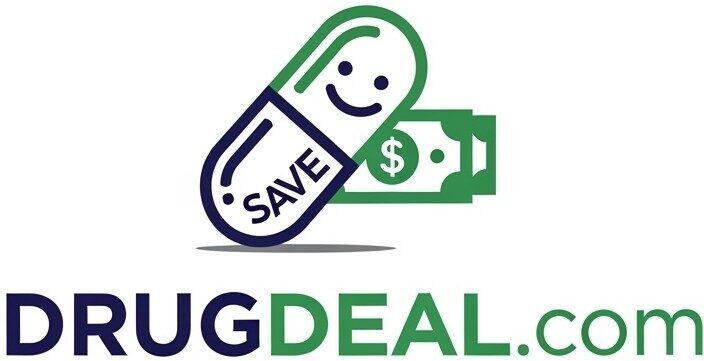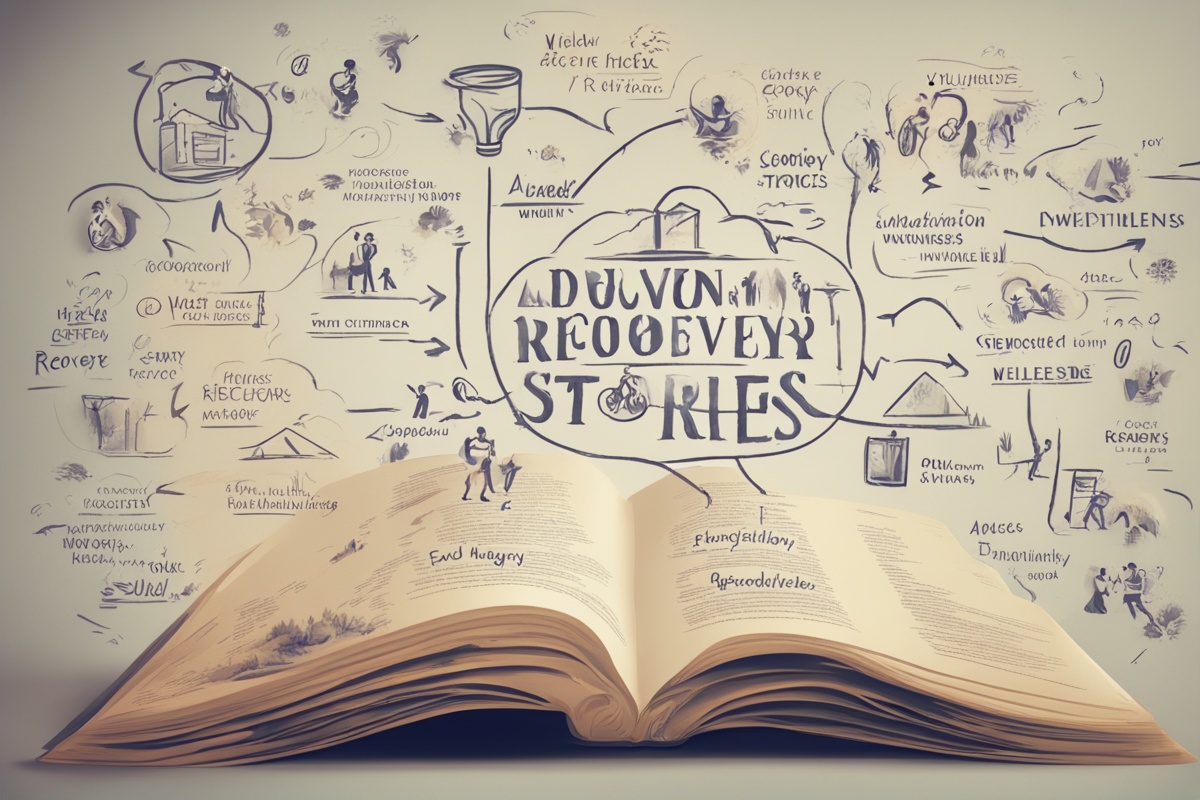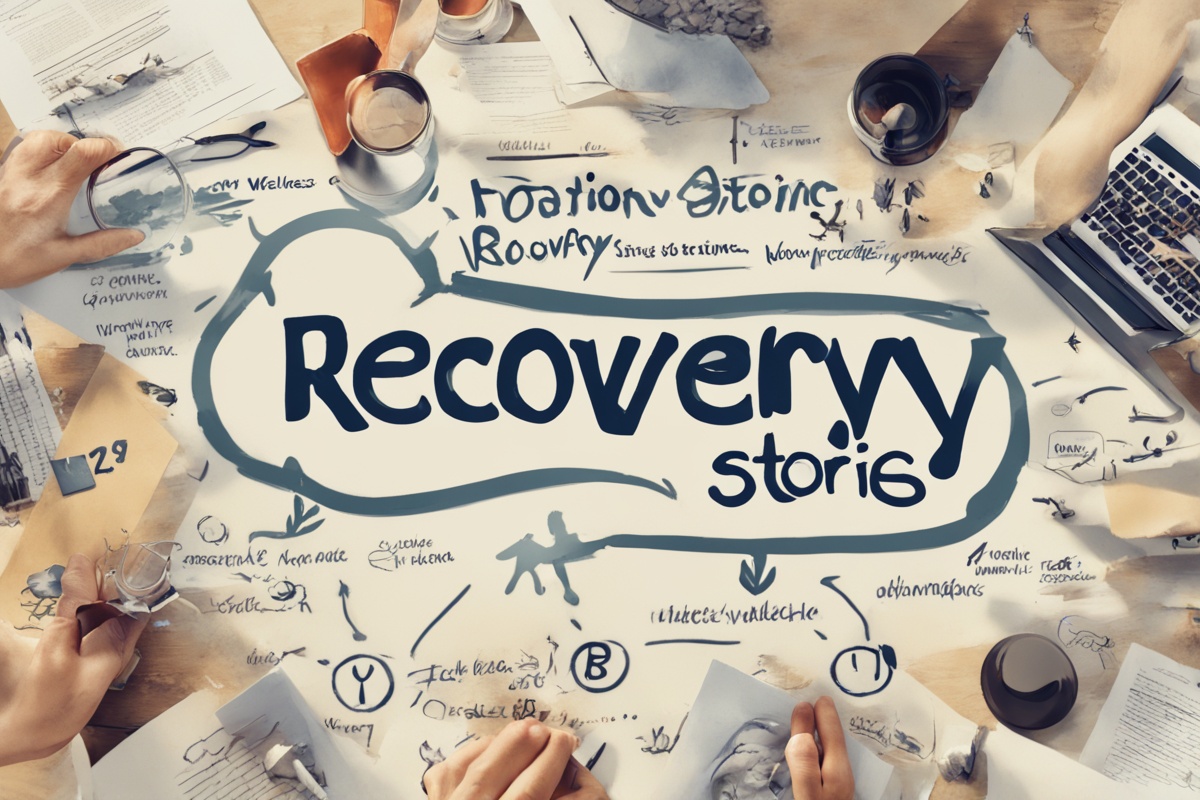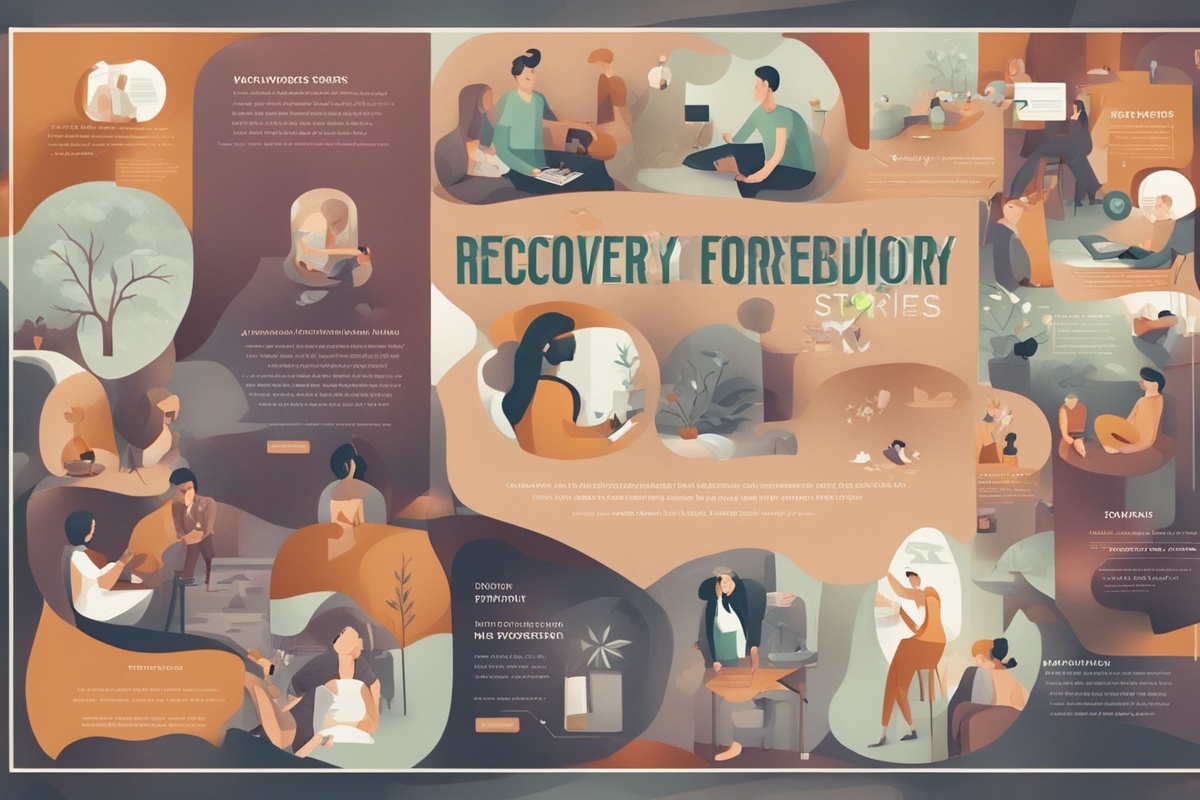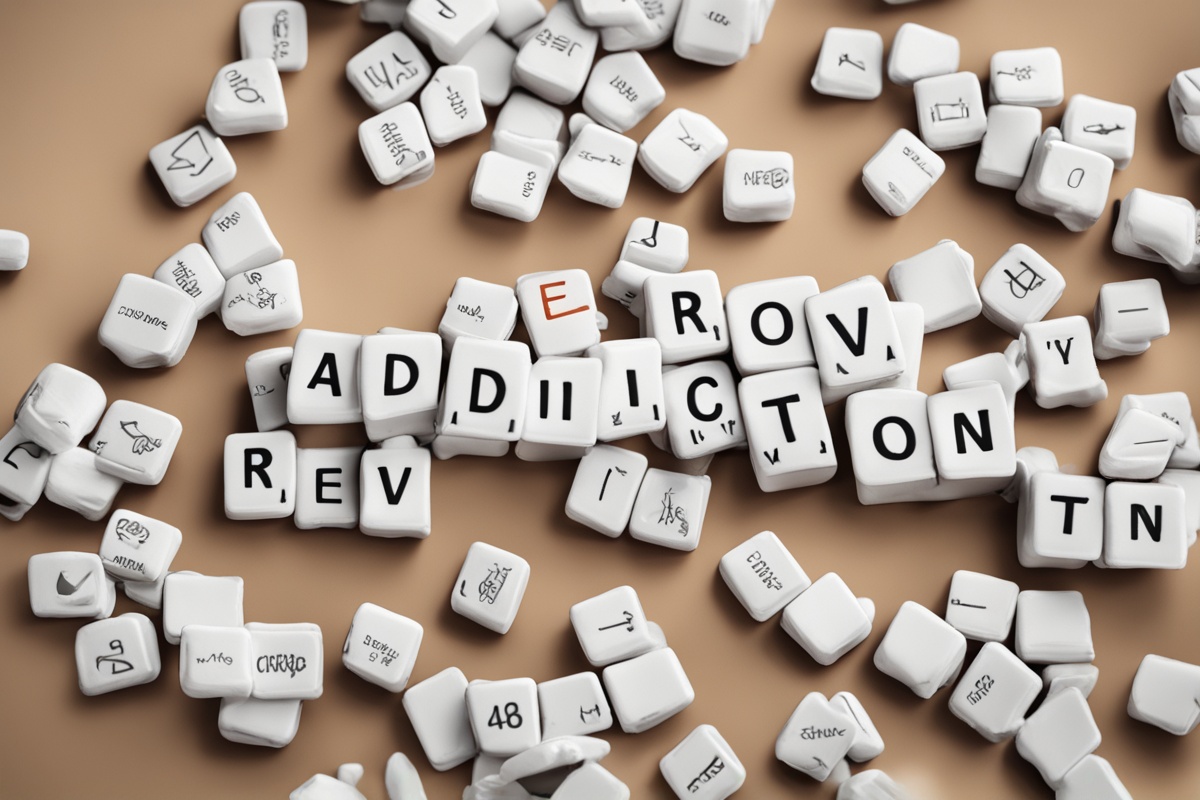Embarking on a journey to sobriety is no walk in the park. It’s a winding road filled with unexpected turns, steep climbs, and moments of breathtaking clarity. For many, finding uplifting paths to sober living becomes a lifeline—a way to reclaim control, rediscover purpose, and rebuild a life worth celebrating. If you’ve ever wondered, “How do I even start?” or felt like you’re stuck in a rut, this post is for you. We’ll dive deep into personal stories, practical strategies, and expert insights to illuminate the many ways people carve out a sober life that’s not just sustainable but truly inspiring.
I’ve seen this journey unfold in countless ways—both through my own connections and the stories shared by others. Imagine you’re sitting across from a friend who’s been sober for five years. They lean in and say, “It wasn’t easy, but every step taught me something new about myself.” That’s the kind of raw, real perspective we’re exploring here. Let’s walk through some of the most uplifting paths to sober living, blending heartfelt recovery stories with actionable advice you can use today.
The Power of Community: Finding Your Tribe
One of the most transformative elements of sober living is finding a community that gets it. You’re not alone in this, even if it feels that way sometimes. Support groups like Alcoholics Anonymous (AA) or SMART Recovery offer a space to share struggles and victories without judgment. I recall a friend, let’s call him Jake, who stumbled into an AA meeting after a particularly rough night. He was skeptical—thought it’d be all preachy vibes and forced confessions. Instead, he found people who listened, shared their own messes, and cheered him on. That first meeting wasn’t a cure-all, but it planted a seed. Today, Jake’s been sober for three years, and he credits his “tribe” for keeping him grounded.
Why does community matter so much? It’s simple: humans thrive on connection. Studies from institutions like the National Institute on Drug Abuse (NIDA) show that social support significantly reduces relapse rates. So, whether it’s a formal group, an online forum, or just a handful of trusted friends, find your people. They’ll be the ones to remind you why you started when the going gets tough.
Rediscovering Hobbies: Filling the Void with Joy
Let’s be real—substance use often fills a void, whether it’s boredom, stress, or a lack of purpose. One of the most uplifting paths to sober living is rediscovering what lights you up. Think back to what you loved before things got complicated. Was it painting? Hiking? Gardening? Speaking of gardening, there’s something incredibly grounding about digging in the dirt and nurturing life. I’ve spoken with folks in recovery who’ve turned to gardening as a form of therapy—watching a seedling sprout mirrors their own growth. It’s not just a metaphor; it’s a tangible reminder that small, consistent efforts yield big results.
Take Sarah, for instance. After years of battling alcohol dependency, she started tending a small backyard garden. She told me, “I used to drink to escape, but now I escape into my plants. It’s my quiet place.” Research from university extension programs, like those at Cornell, backs this up—gardening reduces stress and boosts mental well-being. So, pick up a trowel, a paintbrush, or a guitar. Fill your days with activities that don’t just distract but truly fulfill.
Mindfulness and Meditation: Anchoring Yourself in the Now
Ever notice how much of addiction is tied to running from the present? Whether it’s numbing pain or chasing a high, it pulls you away from the here and now. That’s where mindfulness comes in as a game-changer. It’s not about sitting cross-legged for hours chanting “om”—though if that’s your thing, go for it. It’s about learning to sit with your thoughts, even the messy ones, without letting them drag you under.
I’ve tried mindfulness myself during tough times, and I’ll admit, it felt awkward at first. But starting small—like focusing on my breath for five minutes—made a difference. Recovery experts, including those cited by the Substance Abuse and Mental Health Services Administration (SAMHSA), emphasize that mindfulness can reduce cravings by helping you recognize triggers without reacting impulsively. Imagine you’re craving a drink after a stressful day. Instead of reaching for the bottle, you pause, breathe, and ask, “What do I really need right now?” That tiny shift can be the difference between relapse and resilience.
Physical Health: Rebuilding Body and Mind
Your body takes a beating during addiction, but it’s also one of your strongest allies in recovery. Prioritizing physical health isn’t just about looking good—it’s about feeling strong enough to face each day. Exercise, nutrition, and sleep form a trifecta that can transform your sober journey. I remember chatting with a recovery coach who swore by morning runs. He said, “When I sweat it out, I’m not just burning calories; I’m burning off the urge to use.” There’s science behind this—exercise boosts endorphins, those natural “feel-good” chemicals, which can mimic the high you once chased.
Don’t think you need to become a gym rat overnight. Start with a walk around the block or a quick stretch. Pair that with eating whole foods—think fruits, veggies, and lean proteins—and you’ll notice your energy levels stabilize. Gardening ties in here too; it’s a low-impact way to stay active while reaping mental health benefits. Resources from places like the University of Minnesota Extension highlight how even light outdoor activity can improve mood and reduce anxiety. So, lace up your sneakers or grab a watering can—your body will thank you.
Setting Goals: Crafting a Vision for Tomorrow
What’s a life without something to aim for? One of the most uplifting paths to sober living is setting goals that give you direction. They don’t have to be grand—maybe it’s staying sober for a week, reconnecting with a loved one, or landing a new job. The key is to make them specific and personal. I’ve seen how powerful this can be firsthand. A woman I met at a recovery event shared how she wrote down one goal each month on a sticky note and stuck it to her mirror. Her first? “Go 30 days without a drink.” Seeing it every morning kept her focused. Twelve months later, she’d not only stayed sober but also started a small business.
Experts like those from the American Psychological Association (APA) note that goal-setting activates the brain’s reward system, giving you a natural high as you achieve each milestone. Break your goals into bite-sized pieces, celebrate the wins (no matter how small), and don’t beat yourself up over setbacks. Recovery isn’t a straight line; it’s a zigzag with lessons at every turn.
Embracing Setbacks: Learning from the Stumbles
Here’s a hard truth: setbacks happen. A slip doesn’t mean you’ve failed—it means you’re human. The difference between those who stay on the path to sober living and those who don’t often comes down to how they handle the stumble. Do you throw in the towel, or do you dust yourself off and keep going? I’ve known people who relapsed after months of sobriety, only to come back stronger because they analyzed what went wrong. One guy told me, “I slipped because I stopped going to meetings. I thought I had it all figured out. Lesson learned.”
Recovery isn’t about perfection; it’s about persistence. Lean on your support system, revisit your triggers, and adjust your strategies. Resources from trusted organizations like NIDA remind us that relapse rates for addiction are similar to those for chronic illnesses like diabetes—around 40-60%. That’s not a reason to give up; it’s a reason to keep fighting. Treat each setback as a stepping stone, not a dead end.
References
- University of Minnesota Extension – Gardening for Mental Health
- Michigan State University Extension – Gardening for Health and Well-Being
- Cornell University Extension – Gardening as Therapy for Stress Relief
- Missouri Botanical Garden – Health Benefits of Gardening
- Penn State Extension – The Therapeutic Benefits of Gardening
Disclaimer: This article is for informational purposes only, based on general research and personal experiences shared through various recovery stories. It is not intended to serve as a substitute for professional medical, psychological, or therapeutic advice. Recovery from addiction is a deeply personal journey, and what works for one person may not work for another. Always consult a qualified professional, such as a counselor, therapist, or healthcare provider, for personalized guidance and support tailored to your unique circumstances. The paths and strategies discussed here are meant to inspire and inform, but they should be adapted with expert input to ensure safety and effectiveness.
This content is for informational purposes only and not a substitute for professional advice.
